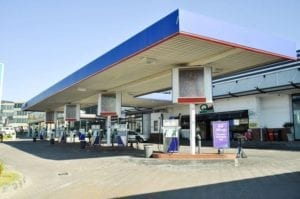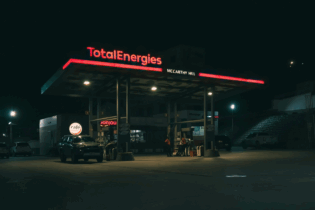The Deputy Minister of Energy, Ambassador Thembisile Majola, says transformation in the petroleum sector remains a critical imperative of the Department of Energy (DoE).
“We should never lose sight of the important goal of transformation. Transformation is a critical imperative in this sector and we are charged with the responsibility of creating an enabling environment and conditions for broader participation,” she said. The Deputy Minister was speaking at the national Fuel Retailers’ Association (FRA) Conference, which runs alongside the Automechanika international trade fair at the Nasrec Expo Centre in Johannesburg. The Deputy Minister said the partnership between industry (including the oil industry) and government needs to find ways to make it possible for more participation and ownership by women and historically disadvantaged South Africans in general. The DoE has noticed a trend of change of ownership of retail sites, which is increasing rapidly, the Deputy Minister said. “I am informed that most of these transactions do not include historically disadvantaged South Africans and therefore do not assist us in the objective of transforming this sector. This will make the sector unsustainable. “In future, we have to ensure more fuel retail stations are owned and operated by women and black retailers,” she said. The Deputy Minister acknowledged challenges with the implementation of regulatory practices such as the Regulatory Accounting System (RAS) and the use of credit cards at forecourts. She said the department, in partnership with FRA and other stakeholders, is willing to assist in any way possible. “We have decided to revisit the discussions on the implementation of the Regulatory Accounting System and more details on these engagements will be provided to all stakeholders through the office of the Controller of Petroleum Products in the Department. It would be premature for me to give details at this forum,” said Deputy Minister Majola. Dealing with non-delivery of petroleum productsAmong the responsibilities of the department is to ensure that there is a reliable and adequate supply of petroleum products in the country.
Deputy Minister Majola said the department has been made aware of a number of non-deliveries or late deliveries of petroleum products, especially during the December festive season. “I want to assure you that we do not take this lightly, and would like to assure the affected retailers that we are as concerned as they are and that the department is following up on the complaints in order to find solutions and turn the situation around,” she said. The Deputy Minister said this sector is important for SMME development. “Entrepreneurship, even in the retail sector, is key to job creation and economic development. In light of the difficult global economic climate that we are experiencing today, the FRA’s contribution towards job creation and the 70 000 jobs that emanate from fuel retail stations continue to deliver tangible results,” she said. Safety The Deputy Minister also urged players in the sector to take into consideration the wages and safety issues of the workers at forecourts. She said that a combined effort is required to deal with safety issues such as petroleum vapour management systems as well as continuous education of the public in general about the use of cell phones while filling up. The department recently started a programme of fuel sampling and testing at forecourts. This is in accordance with the Regulations for Petroleum Products Specifications and Standards, R627 of 23 June 2006. “The department is mandated to carry out the sampling and testing of petroleum products in the downstream petroleum value chain in South Africa as a whole and its border posts. This is meant to ensure that the fuel sold to consumers is up to the set standards for their own safety and the safety of their vehicles,” said Deputy Minister Majola.






